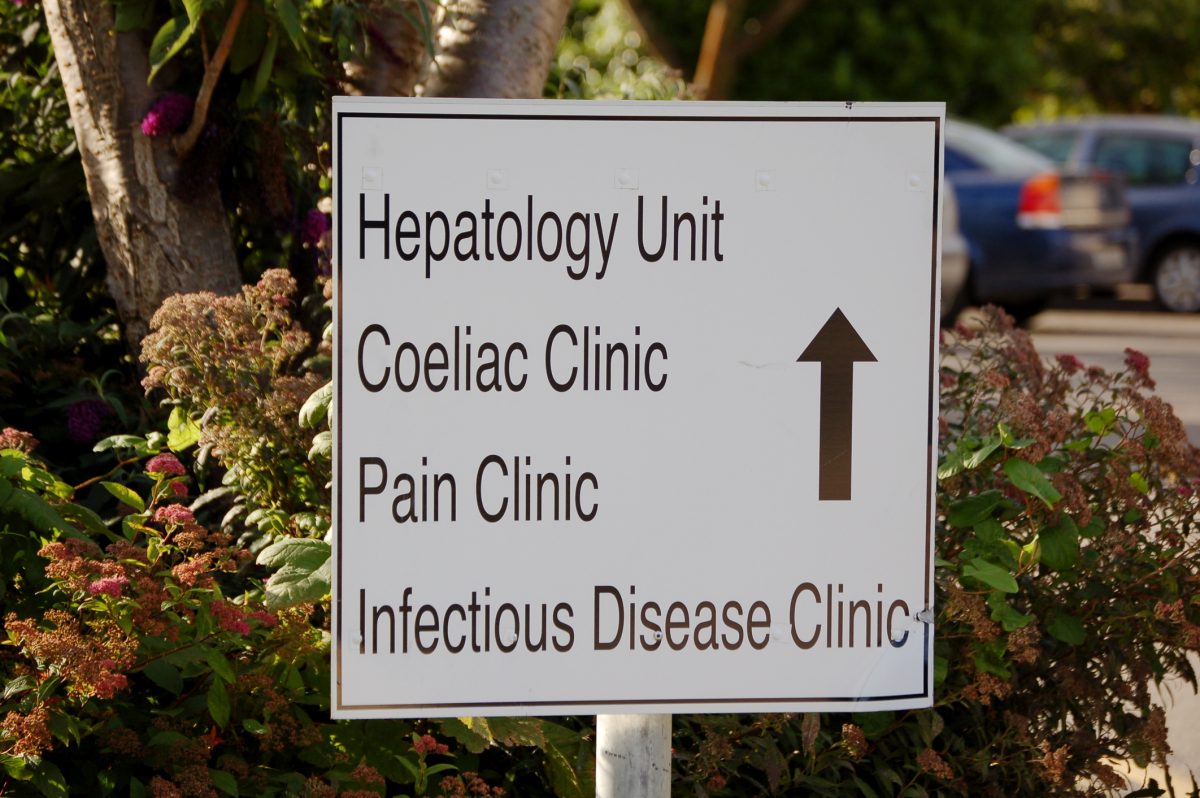A study carried out by the Royal College of General Practitioners found that nearly one half of patients do not understand the advice given to them by their doctor
Researchers at the Royal College of General Practitioners (RCGP) found that medical language is so complex that almost half of patients do not understand their condition or how to take prescribed medication. The royal college warned that a lack of understanding is putting patients at risk of developing serious conditions.
Furthermore, RCGP said patients are missing appointments because signs in hospitals are so complicated that people cannot understand which department they need to go to. According to the research carried out by the RCGP, one patient failed to turn up for an x-ray because he did not understand the term ‘radiology’.
In total, 43 per cent of adults failed to understand information such as hospital signs, leaflets, and health guides. One in three adults were unable to take medication because they did not understand the dosage. Failure to correctly administer the right medication has been linked to serious health conditions and mental health problems.
In fact, the RCGP warned that in half of cases, medical professionals overestimate how medical literate patients were, leaving patients ‘confused and bewildered by medical jargon’.
Maureen Baker, Chair of the RCGP said: “Too often, our healthcare environments fail to recognise the needs of people with different levels of understanding about their health, meaning that patients are failing to receive the right care at the right time.
“We know that low health literacy affects all areas of health and health care, which why we want to encourage GPs and the wider NHS to ensure they are communicating complex information in a clear and manageable way.
“We look forward to working with NHS England to on this work to help shape a health system that is accessible to all.”
In response to the findings, the royal college is now calling for medical jargon to be toned down, and for GPs to ensure patients fully understand their condition.
Katherine Murphy, Chief Executive of the Patients Association, said it was essential for all patients to be given clear and concise information and called for the NHS to cut out jargon and confusing signs from hospitals and clinics.
“Low levels of health literacy can have serious implications for patients. Confusion about how to take medication properly, how to recognise symptoms, how to understand medical letters and how to navigate the NHS can all arise.”
“It is therefore vitally important that healthcare professionals are mindful about the patients that they are treating, and the levels of understanding that their patients have. No patient should be left in a situation where they are confused and bewildered by medical jargon.”











